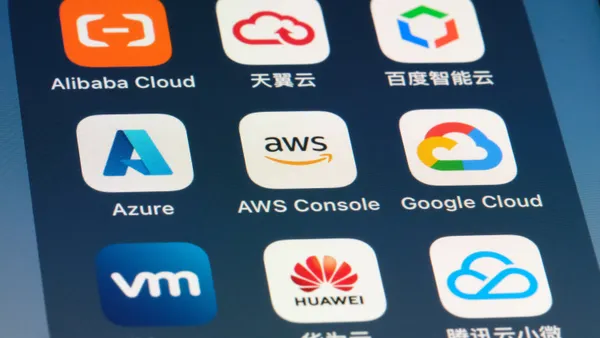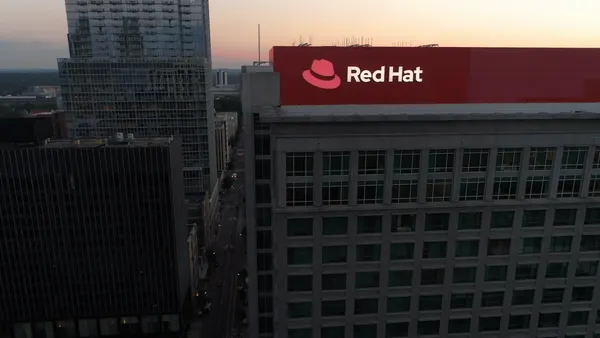The reactive phase of adjusting to the pandemic has passed. What leaders are now occupied with is the sustainability of their distributed work gameplan.
Dropbox is reimagining work with the lessons learned in the pandemic, turning to a virtual-first strategy to transform its offices into collaborative studios. If employees need a dedicated workspace, Dropbox will offer employees stipends to subscribe to coworking spaces.
"We know that the things that were really important to people were to be able to connect with individuals and eventually get together when they need to collaborate and work as a team, in a collaborative space," said Sylvie Veilleux, CIO at Dropbox, speaking last week at Reuters Events' MOMENTUM Virtual Forum. "But for the most part, individual work will continue to work from home."
In October, the company announced it would make virtual work the default in response to the coronavirus pandemic. Employees will eventually have access to "Dropbox Studios," collaboration spaces not meant for solo work, which will open between June and July, Vellieux said.
"For the most part, we can work as teams and collaborate using our own products," said Veilleux. In 2019, the company launched Dropbox Spaces, a collaboration tool designed for team interaction on specific content folders.
Some employers see a financial upside to reducing reliance on physical locations. Pinterest paid $90 million in fees to break its lease on a new hub in San Francisco in order to reassess its hiring strategy.
Echoes of this trend are ringing in the commercial real estate market, where occupancy declined by 28.9 million square feet in the third quarter of 2020, according to a report from JLL. It was the largest single-quarter drop on record.
Commercial real estate vacancies surged nationally to 16%, and the statistic is expected to reach 17% or 18% by the end of the year. By contrast, vacancies sat at 14.2% in the same quarter of last year.
A virtual-first approach allows Dropbox to recruit and hire from a bigger pool of talent, said Vellieux. In turn, the company plans to expand Studios to locations outside of cities such as San Francisco, Seattle and Austin, Texas.
"We'll see, as we gain momentum and talent pools, we're going to be expanding studios in other locations," said Vellieux.














